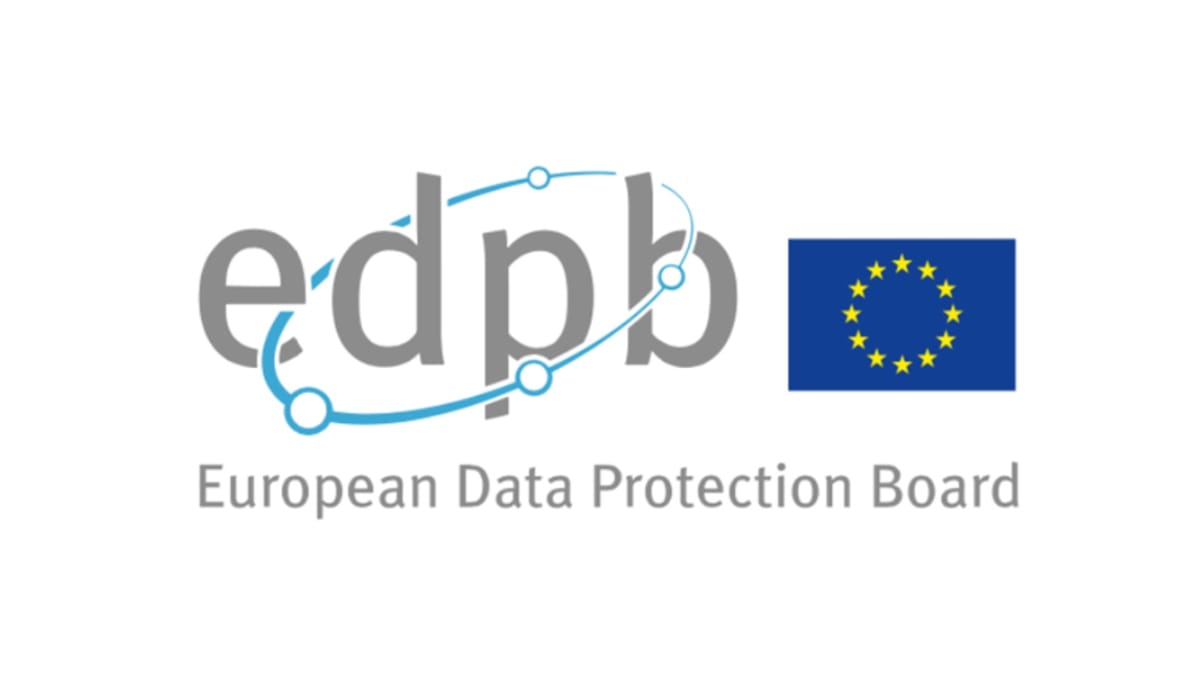
In a significant development for European data protection, the European Data Protection Board (EDPB) outlined its strategic vision for harmonizing data protection regulations across the European Union just four days ago. According to the statement adopted on December 3, 2024, the EDPB is intensifying efforts to ensure consistency between the General Data Protection Regulation (GDPR) and emerging digital legislation.
The announcement comes as part of the EDPB's response to the European Commission's second report on GDPR application, which was published in July 2024. The comprehensive strategy spans from 2024 to 2027, marking a decisive phase in European data protection enforcement.
According to the official statement from the EDPB, the organization has identified critical areas requiring attention in the regulatory landscape. The board has specifically highlighted the need to clarify the interplay between GDPR and newer digital regulations, including the EU Artificial Intelligence Act and initiatives stemming from the EU Data Strategy and Digital Services Package.
In a notable development, the EDPB has established a dedicated subgroup focused on cross-regulatory interplay and cooperation. This initiative forms part of Pillar 3 of the organization's strategy, demonstrating a structured approach to addressing regulatory challenges.
The statement reveals increasing complexity in cross-border cases. Statistical evidence shows continued growth in information exchanges during early stages of investigations, though specific numbers were not disclosed in the document.
To strengthen enforcement capabilities, the EDPB has implemented several practical measures. These include the Support Pool of Experts, the Coordinated Enforcement Framework, and the EDPB secondment programme, all falling under Pillar 2, Key Action 1 of the strategy.
Addressing accessibility concerns, the EDPB announced plans to develop more user-friendly content. The board will focus on creating materials specifically tailored for non-experts, small and medium-sized enterprises (SMEs), and other stakeholder groups, including children.
Financial considerations play a crucial role in the strategy's implementation. The EDPB emphasized that Data Protection Authorities (DPAs) and the board itself require additional financial and human resources to manage increasingly complex challenges and expanded competencies. This need is corroborated by the Fundamental Rights Agency (FRA) Report, which specifically addresses resource requirements.
International cooperation features prominently in the strategic framework. The EDPB welcomed the Commission's intention to facilitate enforcement cooperation between supervisory authorities internationally, including negotiations for cooperation and mutual assistance agreements with third countries.
The board maintains active participation in EU-level structures designed to facilitate cross-regulatory cooperation, such as the DMA High Level Group and the European Data Innovation Board. This involvement demonstrates the EDPB's commitment to maintaining consistent regulatory oversight across different digital domains.
Anu Talus, Chair of the European Data Protection Board, signed the statement, which reflects the organization's formal position on these developments. The document emphasizes the importance of maintaining independence for supervisory authorities across member states, calling on the Commission to address deficiencies identified in the FRA report.
The statement acknowledges successful aspects of GDPR implementation, noting that despite challenges, the regulation has enhanced individual control over personal data, created equitable conditions for businesses, and contributed to establishing high international standards in data protection.
The EDPB's announcement represents a significant step toward creating a more coherent and effective data protection framework across the European Union, while acknowledging the need for additional resources to meet growing regulatory demands.
This strategic framework demonstrates the complex interplay between various regulatory bodies and the increasing importance of coordination in digital regulation. It also highlights the ongoing evolution of data protection mechanisms in response to technological advancement and changing societal needs.

